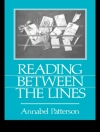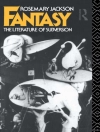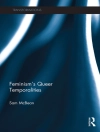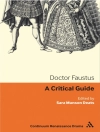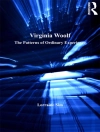What was ‘information’ in the early eighteenth century, and what influence did the emergence of information, as potential physical and psychological threat, have on readers of the period? Recent scholarship in eighteenth-century print culture and in twenty-first-century media studies and theory offers a unique opportunity to reconsider how and why information is figuratively imagined during the eighteenth century as an abstract yet bodily entity that can flood, suffocate, and incapacitate readers. Focusing on 1678 to 1722 — a period that experienced impressive innovations in communication — this study reveals that the term ‘information’ undergoes a significant transformation with social, cultural, and literary consequences. By investigating discussions of information and media that are evident in works by literary authors, the author finds that writers like John Bunyan, Aphra Behn, Jonathan Swift, and Daniel Defoe confront the idea of information overload and provide case studies in literacy reform that operate on institutional, generic, and consumer levels. For example, while in Defoe»s
Journal of the Plague Year information is infectious and citizens depend upon comets and phantoms to construct reader-controlled, decentralized media, in Swift»s
Tale of a Tub commonplace books and collections demonstrate a new type of organizational, or secretarial, impulse in society.
Katherine E. Ellison
The Fatal News [EPUB ebook]
Reading and Information Overload in Early Eighteenth-Century Literature
The Fatal News [EPUB ebook]
Reading and Information Overload in Early Eighteenth-Century Literature
Купите эту электронную книгу и получите еще одну БЕСПЛАТНО!
Формат EPUB ● страницы 168 ● ISBN 9781135502515 ● издатель Taylor and Francis ● опубликованный 2005 ● Загружаемые 3 раз ● валюта EUR ● Код товара 5298556 ● Защита от копирования Adobe DRM
Требуется устройство для чтения электронных книг с поддержкой DRM






